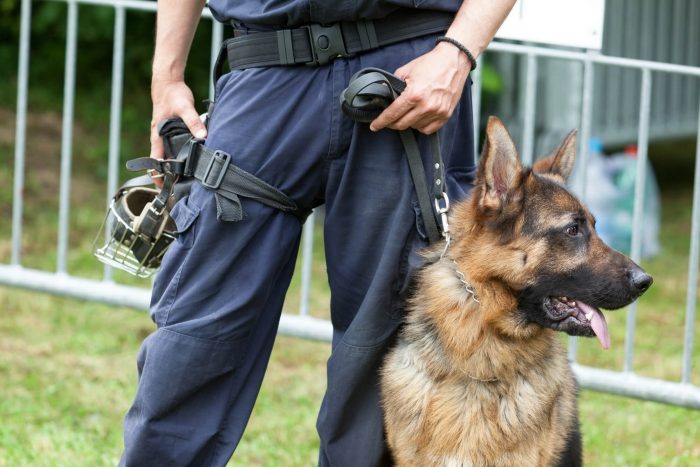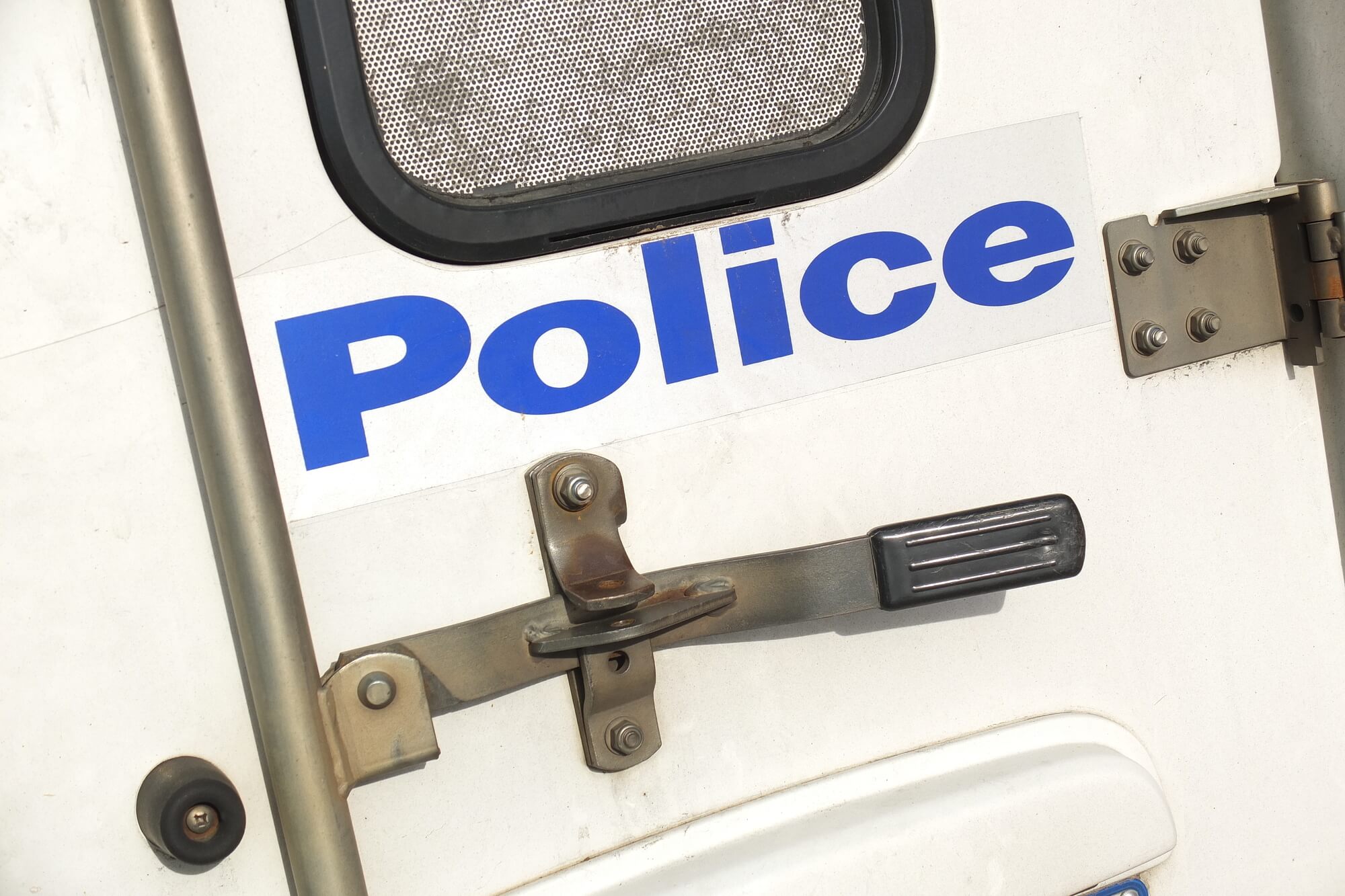 January 13, 2020
January 13, 2020
It seems that, wherever music festivals are in Australia, strip searches inevitably follow. In fact, since 2016, New South Wales (NSW) police have strip-searched 344 school-age boys, including one 11-year-old, one 12-year-old and four 13-year-olds.
As many as 122 girls were also strip-searched during the same period, including two 12-year-olds. The total number of individuals subjected to strip searches in NSW since 2016 is 11,304, of which 42 percent comprises young men aged 18 to 25.
Of course, the principle behind these strip searches is to prevent drug-related problems, and even fatalities, at music festivals. However, many people find them needlessly invasive and humiliating, and they are especially traumatic for young people.
In fact, many of these searches yield negative results, and those who are flagged by a sniffer dog also get their tickets confiscated. So, even when the strip search yields nothing, the unfortunate individual is unable to watch the concert they paid for.
With this in mind, while some strip searches are now being investigated for being potentially illegal, it is crucial for people to know their rights if they are faced with this situation.

The police are there to enforce the law, but they are also themselves bound by it. They don’t go around arresting people just because they want to, or because something feels a bit off. They are subject to limitations like the rest of us, and there are conditions that must be satisfied in order for police to exercise their power and authority within their jurisdiction.
For police to stop, search, and detain you in, say, a music festival, or in any other situation, they need to have reasonable grounds to do so. If the reason behind their action is simply because they suspect that you have drugs on your person, this is not enough.
There are important indicators that need to be confirmed before they have the requisite reasonable grounds:
Affirmative answers to the above are not the only possible indicators of drug use upon being flagged by the sniffer dog. However, they can be used as a basis for the police to subject you to a strip search.
Note that, whether or not a search yields a positive result (drugs are present on the person), establishing the legality (or illegality) of the search is based on whether the officer had reasonable grounds to conduct the search in the first place.

There is no clear-cut information on how a search is to be carried out. However, there are a number of legal requirements to ensure that a personal search is lawfully conducted:
For strip searches, there are additional rules that need to be observed:

If you happen to be flagged by the police, and they want to speak to you, remember to:
When they inform you that you will be searched, make sure to:
Take note of the following during the search:
Taking note of all the details above will provide your lawyer a firm basis of whether you were subjected to a lawful or an illegal search. Any failure on the part of the police to comply with legal requirements can make the evidence obtained inadmissible in court. This can lead to case dismissal, as the prosecution will be unable to prove the charge.
In the event that the evidence is accepted by the court and a case is made, or there’s a guilty plea, a lesser punishment may be imposed because of the mistakes committed or the steps omitted during the search. Additionally, an illegal search, once proven, can also be used as grounds for a civil claim.

Based on the strip search trends of the past three years, it would not be unreasonable to expect a police presence.
So if you are attending a music festival, you need to be ready and on your guard. Remember the above information, be conscious of your own actions, and be aware of your surroundings.
If you happen to be faced with a strip search, take note of the proceedings. Remember names and faces and seek legal advice if anything seems amiss.
Remember, even if you are facing drug charges, it doesn’t mean that you can just be strip-searched whenever and wherever. Always remember that a search, no matter the outcome, must be based on reasonable grounds.




